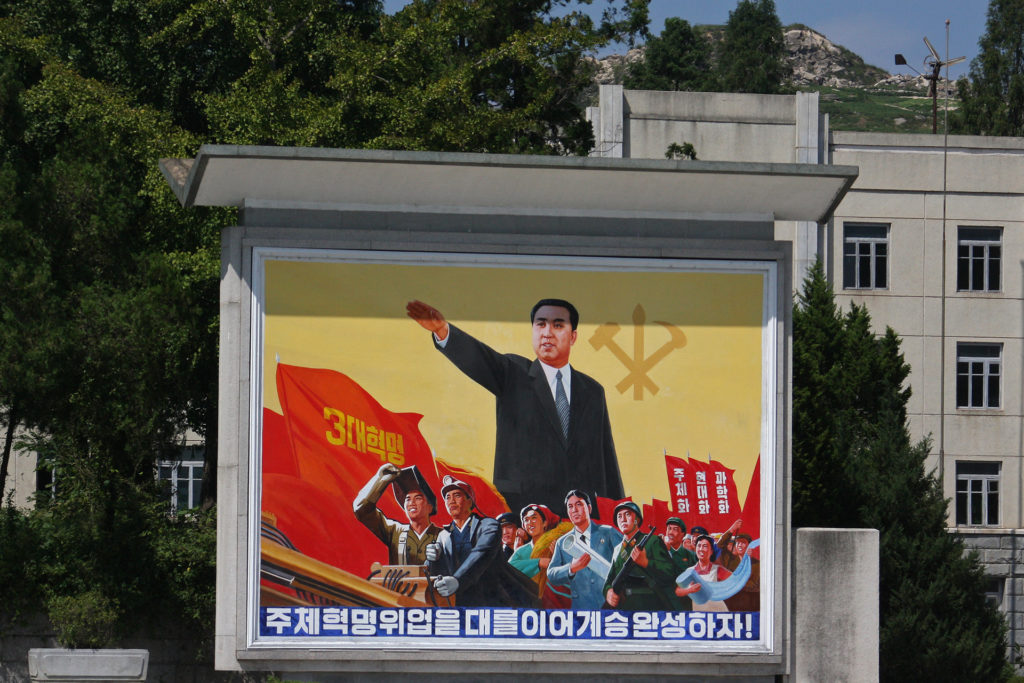The Peninsula
Persistent Fear of North Korea’s Propaganda

What Happened
- On April 1, Minjok Sarangbang, a small South Korean publishing company, printed copies of Kim Il Sung’s 1992 memoir, With the Century without the required government approval.
- The Ministry of Unification is investigating the situation, and South Korean retailers pulled the books from their shelves.
- Multiple conservative civic groups filed an injunction to prevent the sale of Kim’s memoir claiming it could endanger the public, but the injunction was blocked by a local Seoul court.
Implications: Domestic perceptions of the threat posed by North Korea’s propaganda campaigns remain high. The pushback against the publication of With the Century is reflective of this lingering outlook. In 1994, shortly after Kim’s memoir was published in North Korea, the head of a South Korean company attempting to publish the memoir was arrested. A 2011 ruling from the ROK Supreme Court reaffirmed the state’s power to stop the memoir’s publication on security grounds. Although the book was later approved for circulation between government-approved research institutions, a South Korean college professor was imprisoned in 2016 for distributing excerpts from With the Century to his students. While the court has pursued fewer cases related to the distribution of North Korean materials under the Moon administration, the Ministry of Unification’s investigation into the publication of the memoir is consistent with these precedents.
Context: Kim Il Sung’s memoir focuses on his childhood and his days as a guerilla fighter against the Japanese. It contains numerous historical inaccuracies. New Paradigm of Korea, one of the groups that filed the injunction to prevent the sale, claimed that the book violates the National Security Law and insults human rights through its positive portrayal of the Kim family. At the same time, the People Power Party’s Ha Tae-keung, a member of the National Assembly’s Intelligence Committee, stated that the South Korean people would likely be able to tell the difference between fact and fiction in the book, and that banning North Korean works would be similar to North Korea’s ban on South Korean pop culture.
This briefing comes from Korea View, a weekly newsletter published by the Korea Economic Institute. Korea View aims to cover developments that reveal trends on the Korean Peninsula but receive little attention in the United States. If you would like to sign up, please find the online form here.
Korea View was edited by Yong Kwon with the help of Melissa Cho and Alexandra Langford. Picture from the flickr account of Roman Harak.
